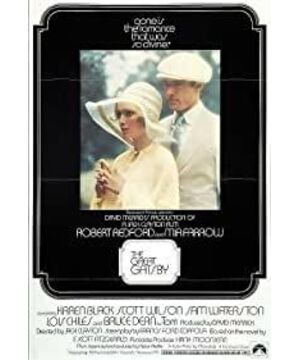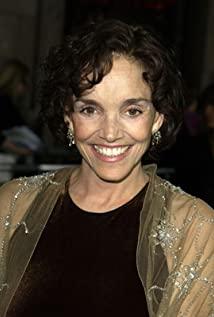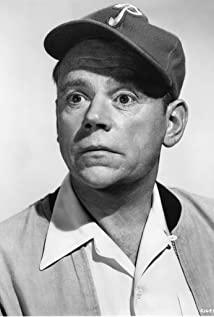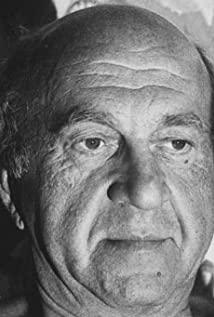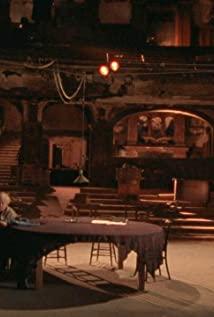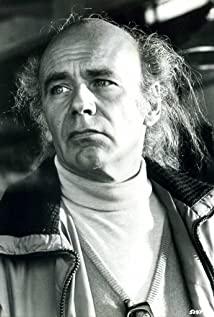Haruki Murakami called Fitzgerald his "literary teacher", who benefited from the so-called reality, although the methods were different. In "The Great Gatsby", Gatsby gains wealth and success, but cannot restore lost love. Fitzgerald has an American-style humor, but always reveals bitterness. The process of pursuit is irresistible, but the result of disillusionment is sinking. Under the gilded coat of broken "American Dream", there is actually cold and selfishness everywhere. Pure utopian ideals are vulnerable and doomed to shatter in reality. Some people penetrate everything, while others are forever drunk in those huge lies and beautiful dreams. You can't judge whether it is sadness or happiness. For Fitzgerald, wealth, whether born or later, is less a weapon than a disease, which ultimately leads not to the fulfillment of dreams, but to their shattering. That's what's so great about Fitzgerald. He starts with the individual and creates a type; from this type he discovers a truth. That is, in any era, whether it is the "jazz age" that is full of money, or today's world where materialism is paramount, money is not enough to trust. What it takes from you will be more precious than what it gives you. As he wrote in a novel, "Most people's lives end with compromises, but his life begins with compromises." Where does he still retain a little compromise and fantasy, and there is still a sense of beauty and sentimentality With the last ounce of gratitude, his protagonist is deeply immersed in even the heartbreaking ending of his simple ending.
View more about The Great Gatsby reviews


